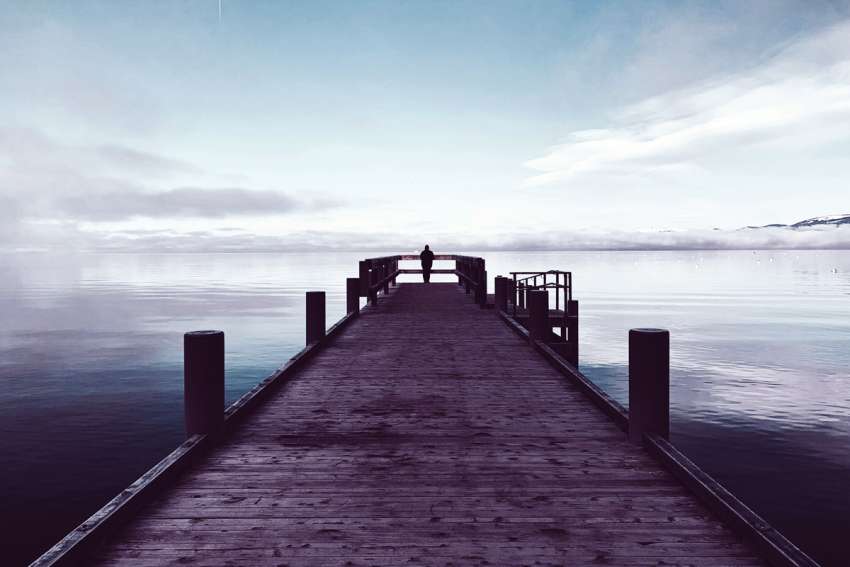That led to the beginning of his regular column, “In Exile,” which we published until the WCR’s last gasp of life more than seven years ago. (It is still a mainstay in The Catholic Register.) Rolheiser and I both grew old and occasionally keep in touch. More than 40 years later, he continues to write about topics related to human sexuality. So it was no surprise to receive news of his latest book, Chastity and the Human Soul: You Are Holy Ground. The Register asked me to review the book, and I am happy to offer some comments.
Of course, those familiar with Rolheiser’s writing will know that when he writes about sex, it is not just about sex. The real topic is the incompleteness of all human aspirations this side of Heaven. Humans are finite creatures with an infinite longing. “We are Grand Canyons without a bottom.” This is how God made us, and it is our glory and the source of our tragedy. Our yearning for consummation of all our desires is a symbol of that fraught existence.
I know people who detest Rolheiser’s writings, although they have never given me an explanation for that dislike. Nevertheless, I have a theory. Rolheiser consistently calls his readers to be more than morally good and decent people. He wants us to strive for nobility of soul, not for our own sake but for the sake of the world. The notion of the nobility of soul — magnanimity — is so foreign to contemporary understanding as to be almost incomprehensible. We are stuck in the rut of believing that our dignity consists in being autonomous, of becoming people who are free of attachments and beholden to no one.
One thing to note is that Rolheiser’s subtitle is “You are holy ground,” not “You are on holy ground.” This subtle difference points to a massive shift in Catholic understanding of the human person engraved in the teaching of the Second Vatican Council. People are not intrinsically evil, although each of us surely does bad things. The divine spark is alive in each of us, and we do well to seek God, not only in the world and the Church outside of us, but also in the Spirit who dwells in our hearts.
Being “holy ground” is not a licence to do as one wills. It contains what Vatican II refers to as our “very high calling.” By sharing in Christ’s divine nature through grace and self-giving love, we become most fully human. We are holy ground, and yet we become more holy by living in Christ.
Rolheiser writes about “carrying tension,” including sexual tension. In Chastity and the Soul, he describes carrying tension in terms of “pondering.” Pondering is like a water purifier which takes in contaminated water and, instead of allowing everything to flow through it, holds the contaminants inside so as to give out pure water.
The chaste person, the noble soul, transforms tension and honours the other by living with reverence, respect and patience. True chastity is not frigidity or fear of the unknown but a yearning to bless others rather than to exploit them. “Chastity is about proper reverence in every area of life, not just in the area of sex.”
Reverence is found in praying for our enemies, in opening our hearts to the possibility that we can find some completion from those against whom we set our faces. Pacifism is like celibacy. Both are needed because both point us toward the world of Heaven.
In a society where sex long before marriage is an expectation and even seen as an obligation, it takes courage to say chastity is a better way. Rolheiser tackles a topic where few dare to tread. He does it well and without condemnation. He shows that the narrow way is the path which leads to joy. Maybe by his saying so, others will feel invited to reach for the higher realms of human living.
(Glen Argan writes his online column Epiphany at https://glenargan.substack.com.)

